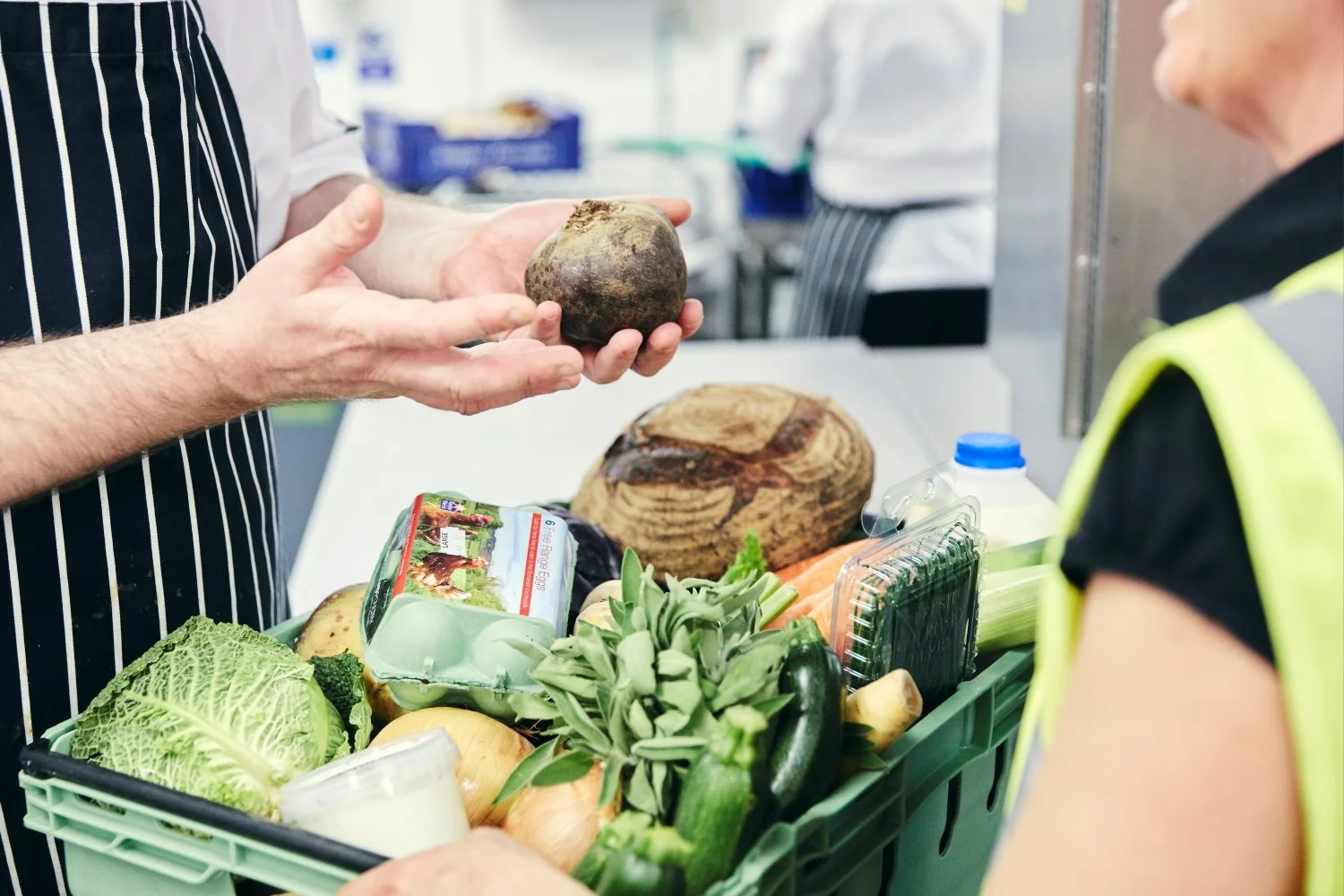
Consultancy for dynamic food procurement, for everyone in the supply chain.
Emfood empowers organisations across the food sector to build smarter, fairer and more sustainable supply chains.
We combine deep expertise in procurement design, supply chain transparency, and marketplace innovation with practical experience of connecting buyers, farmers, and distributors in ways that unlock value for all. Our approach transforms the way food is sourced, enabling greater access for high‑quality, responsible producers, delivering measurable environmental and social impact, and helping clients meet their cost, compliance, and sustainability goals.
We provide specialist consultancy across the food sector, helping buyers, farmers, and distributors accelerate their sustainability, efficiency, and market access:
Strategic procurement consultancy for public and private sector buyers: design transparent, compliant, and flexible sourcing models to optimise cost, quality, and sustainability.
Digital supply chain enablement: integrate technology to optimise logistics, contract fulfilment, and reporting, simplifying onboarding and expanding reach to new buyers.
Stakeholder engagement and training: facilitate skill development for supply chain partners, including digital proficiency and operational best practices.
Dynamic procurement platform implementation: enable direct engagement between buyers and a wider pool of regional and quality-focused producers, aggregating supply to meet public sector demand.
ESG and impact reporting: deliver granular supply chain data and analytics to demonstrate environmental, economic, and social value for buyers and suppliers.
Supplier onboarding and relationship management: support distributors and producers to develop direct contracts, build capacity, and foster positive engagement with buyers.
Tender process support and market entry strategies for farmers, growers, and food producers: demystify public sector procurement, streamline compliance, and improve bid success rates.
Menu and supply chain optimisation: work with caterers and producers to align food offerings with nutritional, provenance, and sustainability standards.
Innovation workshops and partnership development: connect producers and distributors with networks, working groups, and anchor institutions to drive collaborative solutions.
Stephen Beech, CEO UK & Ireland, Entegra
“The team at Emfood Consulting combine passionate leadership, rigorous integrity and deep sector expertise and experience”
Ruth Galpine, Programmes Director, Soil Association
“Emfood Consulting has helped us to see how we can make a difference in new ways and create sustainable business models for the future.”







